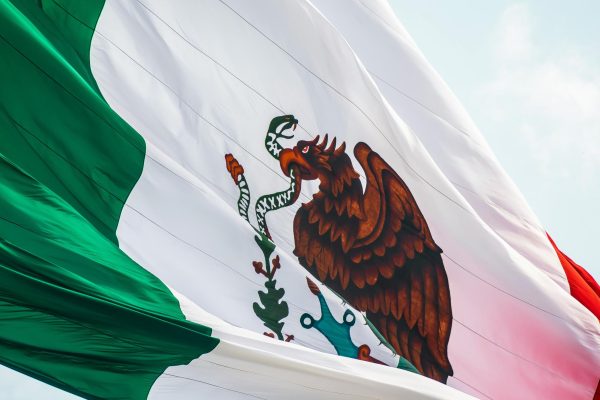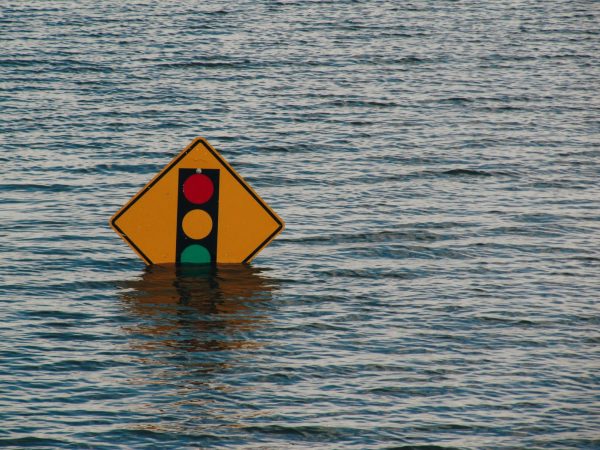DeSantis Signs Controversial Anti-Protest Law in Florida
May 12, 2021
Florida Governor Ron DeSantis signed into law the Combating Public Disorder Bill. Desantis said the bill was the “strongest anti-rioting, pro-law enforcement measure in the country.” While the vast majority of mass protests against police brutality are peaceful, the bill threatens to crack down on the small portion of rioters with new protections for police officers and makes it more difficult for municipalities to reduce their police budgets. It also imposes strict prison penalties for damaging memorials such as Confederate statues.
The bill has generated controversy as the majority of large-scale protests over the last year took place in more liberal areas of the country or those with more upheaval regarding police violence, such as Minnesota and New York. Opponents have called the bill racist in nature, with state senators saying that the bill “declared war on the First Amendment in the state of Florida” or was an “assault on the foundations of American democracy.”
The bill involves measures such as restricting those accused of “rioting” from being bailed out of jail or the granting of civil immunity to people who drive into peaceful demonstrations if those demonstrations block a road. The bill has been deemed a racist reaction to a problem that has not occurred in Florida. Critics also claim the bill is an attempt to squash the voices of activist groups like Black Lives Matter, all the while reducing local governments’ power to keep peaceful protestors safe when law enforcement responds.









